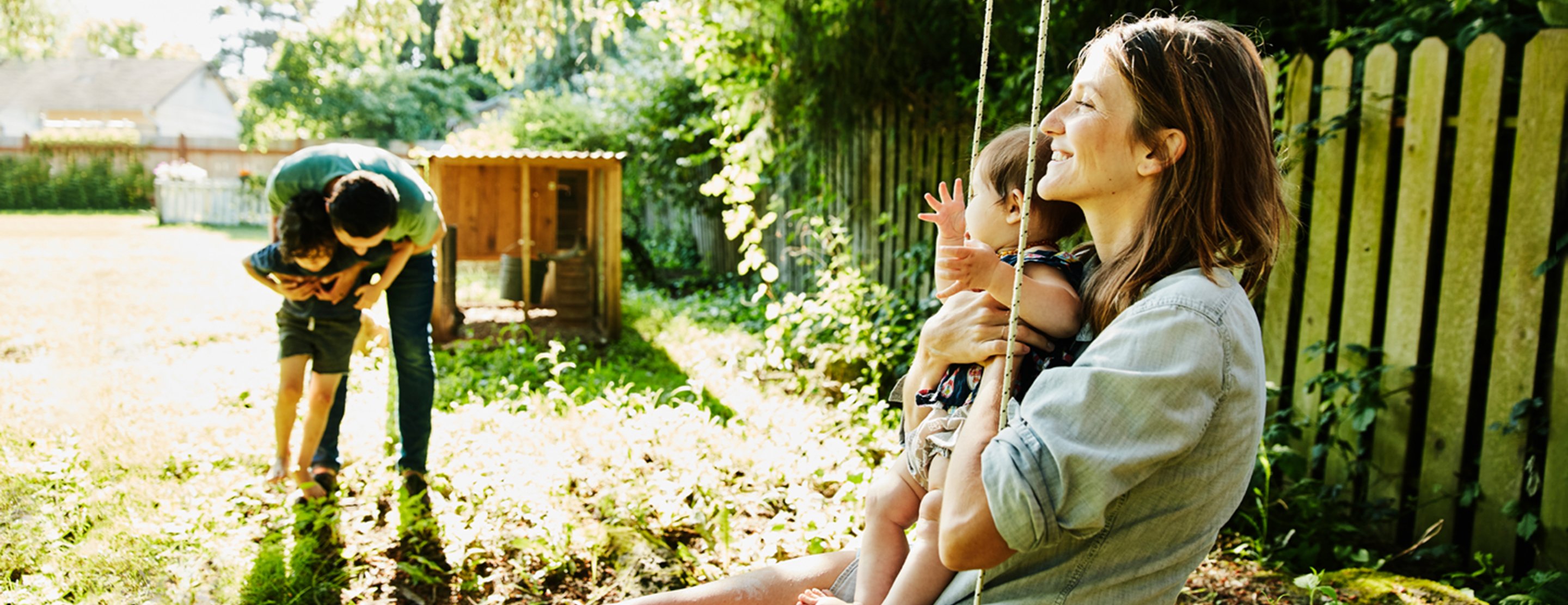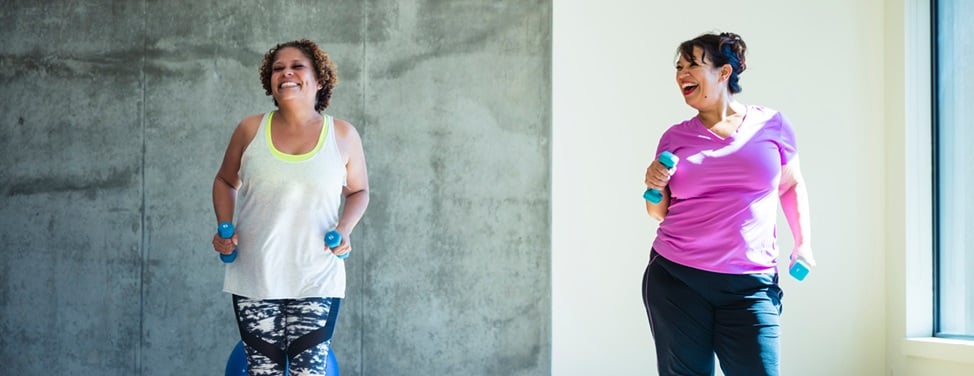
Breast Cancer Self-Care and Recovery: Lifestyle Changes
There are as many breast cancer stories as there are women with breast cancer. There is no single right way to heal, to feel better, to cope or to change one's life. What seems to be important is to spend some time learning about which ways of healing and feeling better are the best match for you.
There are no clear causes of breast cancer, and therefore, no proven ways to prevent the disease or its recurrence. This can provoke uncertainty, fear and anger. It is this fear of the unknown and people's passion to find causes that fuels breast cancer advocacy and research.
Even though there is no proof, there are some principles of healthier living that, at the very least, help people to feel less ill. At their best, these principles may help improve your health, energy level and overall sense of well-being.
There is ongoing research examining the connection between lifestyle issues and breast cancer, such as diet, exercise, support and stress management. At UCSF Medical Center, we are examining whether or not a diet low in fat and high in vegetables, fruits and fiber can reduce recurrence rates for breast cancer, whether participation in support groups (and what kinds) can improve survival, whether or not exercise can reduce fatigue and whether or not Chinese herbs (and which ones) can reduce chemotherapy side effects. You already may have participated in studies like this to help answer these questions, or may do so in the future.
As of now, we do not have answers. However, given the evidence that does exist, and the experience of women who feel better when taking good care of themselves, we want to highlight some recommendations to help you to shape your individual recovery plan.
Imagine a process of self-inventory:
- What are my self-care skills? Do I take care of myself last? What advice would I give myself if I were my best friend, sibling or child?
- How am I eating? Am I dieting, feeling deprived, sneaking junk food, feeling guilty about eating the "wrong" stuff, feeling confused about what are the right and wrong foods to eat? Do I drink enough water?
- Do I sleep well? Can I sleep well? What interrupts my sleep and rest?
- Do I smoke cigarettes? Do I drink excessive alcohol?
- What are the stressors in my life? What can I change? What can I respond to differently?
- Do I move my body? In which ways of moving do I feel the most pleasure? How, when and where do I fit it in my life?
- What is making me feel badly? What are the barriers to changing that?
- What do I love? What moves me and gives my life meaning? Do I make room or time for that which gives my life meaning? What stirs my creative juices?
Lifestyle change is not a written prescription that never changes. It is a dynamic process that is often in crisis and flux throughout breast cancer diagnosis and treatment. The first and biggest step is to care enough about yourself to care for you. This is self-care.
At the Carol Franc Buck Breast Care Center, we hope to provide you with information and support that will enable you to explore ways of feeling better. You can teach us what works for you. This will enable us to hold your experience and communicate your teachings to other women with breast cancer.
Breast Cancer Self-Care and Recovery:
UCSF Health medical specialists have reviewed this information. It is for educational purposes only and is not intended to replace the advice of your doctor or other health care provider. We encourage you to discuss any questions or concerns you may have with your provider.

















